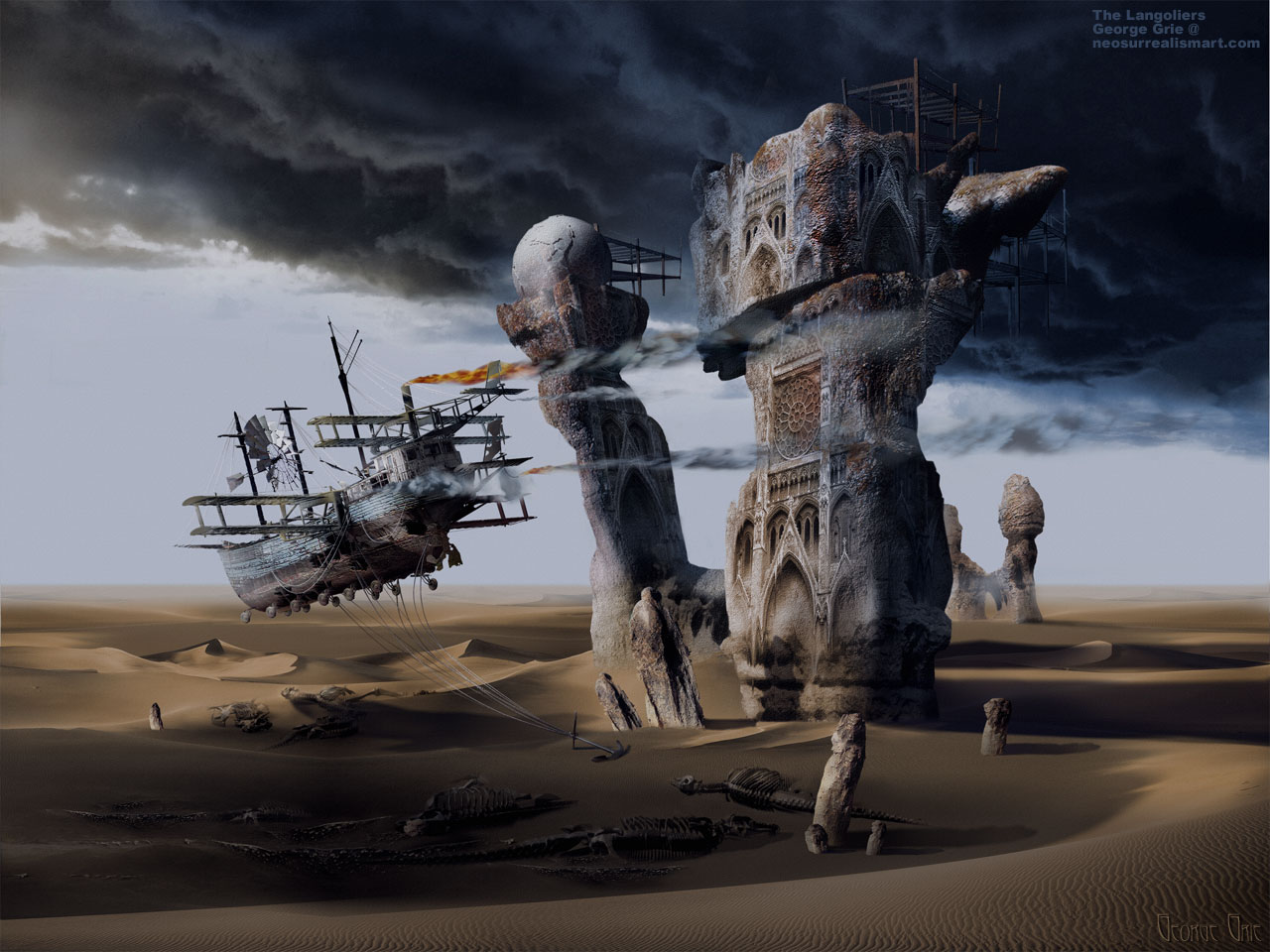Q: Atheists: How do you explain life?
I’m one of those rare breeds who believe equally in God and in Science… I evidently see evolution, and I can even go along with the Big Bang Theory, but how do you explain what makes us alive? Or cognitive thought and imagination? How can these things be explained in the material world if you do not believe in a spiritual world?Thats why I have to believe in some sort of Creative Force… because I cant reconcile life. How do you do it?
A: No offense, but your inability to reconcile your observations with your beliefs has no bearing on objective truth. I honestly don’t say that to sound rude, condescending, or anything negative. I’m simply trying to offer the suggestion that your perspective might be skewed to accept a certain assumption.
If you really want to boil it down to the absolute basics, I believe the reason we are alive is entropy. It’s the only “force” that ensures that things will change, and change is absolutely necessary for the existence of life. It reminds me of the quote by Alan Watts: “A living body is not a fixed thing but a flowing event.” We are not alive simply because we are alive but because energy itself is bound up in every atom, and entropy is the expression of that power.
Cognitive thought and imagination are simply the byproducts of a highly evolved neurological machine. Our brains were really only developed to take information in, process it, make a decision, and then react to that decision. All brains (and other brain-like systems) work in this way, and it’s only because our brains have become so complex that we’re able to experience things like imagination and abstract thought.
The spiritual world you’re referring to is a completely abstract concept. And since it has no basis in physical reality, it’s easy for me to reconcile with my beliefs. I hold a fundamentalist belief about the term “supernatural.” I believe that all things that exist outside of nature are supernatural. Though it’s clear that there is a “force” that drives life itself, it’s a typically-anthropocentric logical leap to say that it comes from any guiding hand.
If you absolutely must believe in some kind of intelligent designer, consider this. If you choose to do one thing over another, you have made a decision using your intellect. If that decision affects your life or anyone that comes after you, then you have altered your world through your intentions. If your intentions affect something in your world, then you have designed something. And the most intelligent designers I’ve ever encountered are human beings.
I believe the concept of Intelligent Design confuses cause and effect. There can be no deity that intelligently set things up the way they are or else everything would be more intelligently designed. Headaches? Disease? Cancer? War? Rape? Death? What good are these things to thinking and feeling individuals, and why would a benevolent creator curse us with so many problems? The truth is that there is no intelligent designer; intelligence itself has “designed” things to be the way they are. Every time a being chooses one thing over another, its intellect has affected the world. If there was a Great Designer, these decisions would be made for us. And that seems more like a video game than a life to me.

Leave a Reply